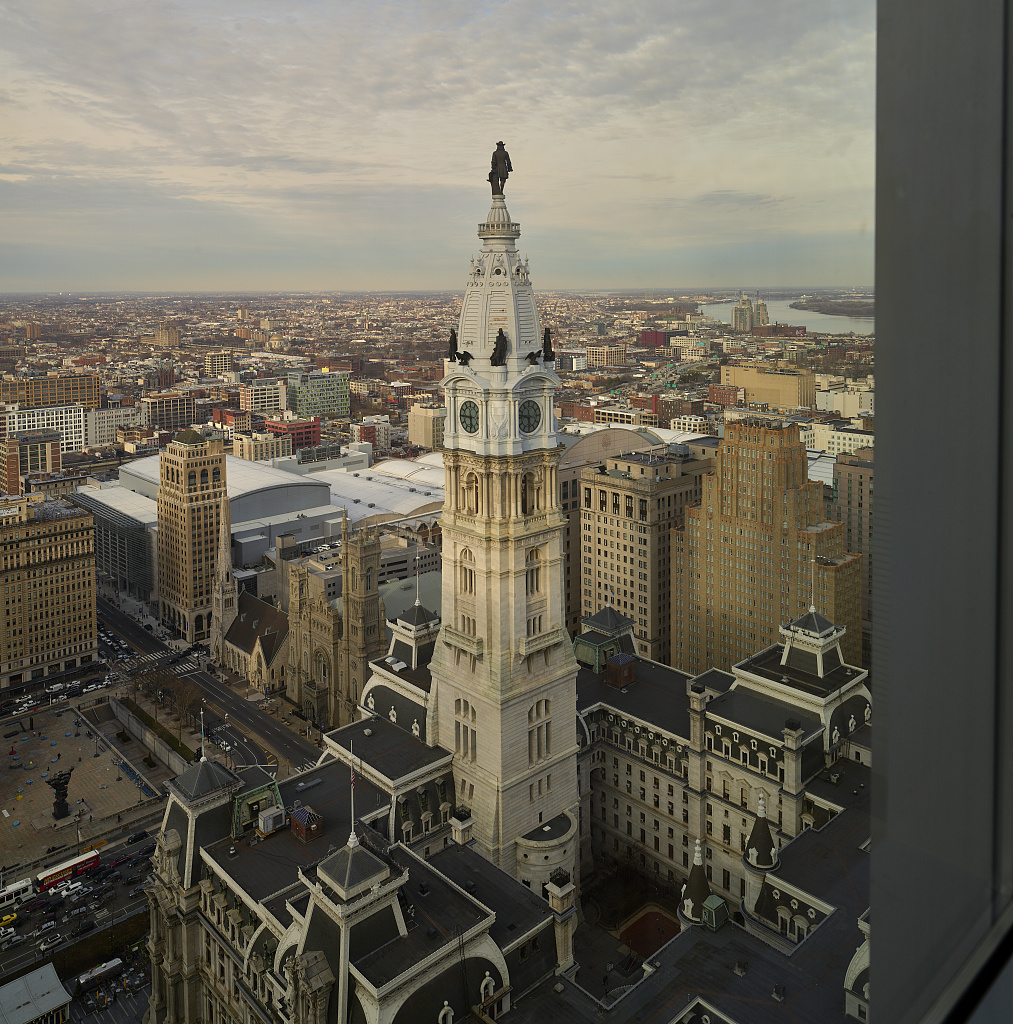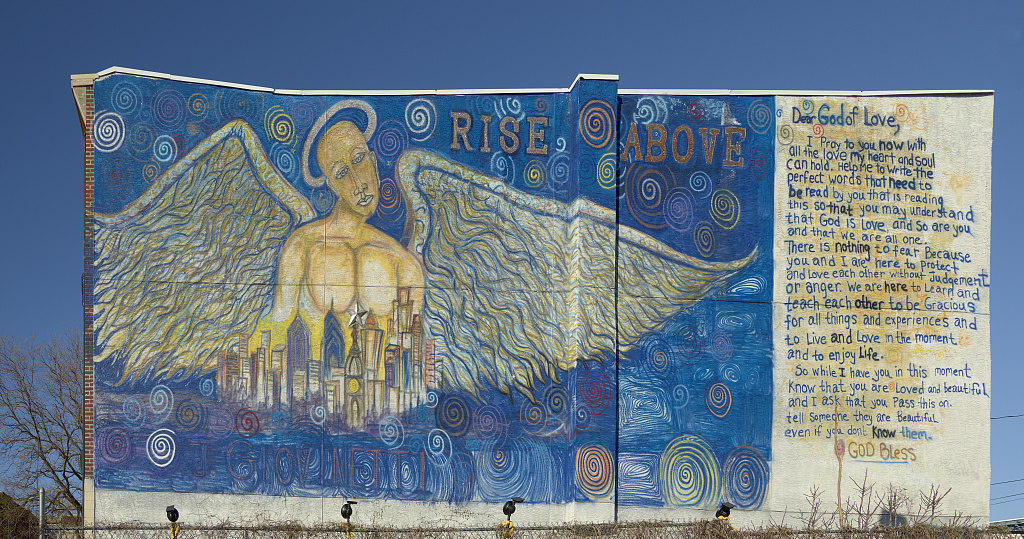
This I Believe, born in Philadelphia as a folksy collection of stories from Americans in all walks of life, was an instant hit for broadcaster Edward R. Murrow and his radio and newspaper sponsors. Filled with “the living philosophies of one hundred men and women in all walks of life,” This I Believe showed both Americans and citizens of other nations that they had a shared humanity — a noble goal indeed during the early years of the Cold War. And even though the project seemed to die with its publisher, the project was brought back to life in the 21st century stronger than ever. In 2013, National Public Radio collected and shared essays from specific cities or states, many reprinted for their own region. Philadelphians from the 1950s and today are not as far apart as 70 years might make them. Here are some highlights from This I Believe: Philadelphia. See if you can guess which era each one is from.

“As a youngster, I used to watch football teams line up and play the game. It was nothing more to me than one team winning and the other losing. Later on, when I became an actual participant, I saw that there was more to it all. There was competition of the right sort; there was skill and all the hard practice that made for skill; there was fellowship; and there was the will to win. There was the thrill of victory, the thrill of achievement, and I think that life is something like that when the game is played right.” — Robert Arthur Evans
Robert Arthur Evans was a North Philadelphia native, a graduate of Roman Catholic High School, and a three-year letter winner at the University of Pennsylvania, where he was the first African American captain of the football team.
“When the world we are living in is storm-driven and the bad that happens and the worst that threatens press urgently upon us, there is a strong tendency to emphasize men’s baseness or their impotent insignificance. Modern philosophy has turned that way; modern art, too. Is this the way the world is to go or not? It depends upon us.” — Edith Hamilton
Edith Hamilton was a scholar, a writer, and one of the foremost interpreters of the classical civilizations of Greece and Rome.

“The great danger in our time is that we misjudge our individual, national, and international problems by not recognizing that they point toward tensions to be resolved patiently and with faith in man’s destiny. Life has meaning, dignity, and joy in spite of the many besetting problems of our days. If we ask for it, we shall receive inspiration and vision from within to create more sunshine, warmth, and light in the world of tomorrow.” — William Hubben
German immigrant William Hubben was a prominent Quaker educator, speaker, editor, and author of books and articles in the fields of religion and literature.
“If men like Jesus and Mohammad and Gandhi were all impractical dreamers when they taught that men were brothers, what is the practical alternative?
I realized, with the clarity of shock, that there is no practical alternative. The brotherhood, the unity of man, is not a dream, not if the desires and hopes of ordinary men are recognized. It seems to me that the hope of our very survival lies in teaching ourselves to understand and accept the fact that we are indeed our brother’s keeper.” — Betty Muther Jacob
Betty Muther Jacob held a variety of positions at the University of Pennsylvania, including administrator of International Studies of Values in Politics, and helped found the University of Hawaii’s Matsunaga Institute for Peace, where she was known as the “Godmother of Peace Studies.”

“It is my belief that all of us need to be acknowledged at least once a day—that we need to hear our names spoken aloud by another person to cement our place on this planet, to know that someone sees us and recognizes our humanity, the truth of our being. I feel that it is incumbent upon all of us to acknowledge each other each day, in this way to speak to that truth.” — Peg Fagan
Peg Fagan was the executive chef and owner of The Flying Avocado Whole Foods.
“While I can’t change the world alone, I work on making it better by addressing issues that mean a great deal to me. So when I see injustice, inequality, and prejudice, I can’t accept the status quo, and I need to take action. As idealistic as it may sound, I know I can make a difference. And I thank my parents for instilling this belief in me.” — Carol Fixman
Carol Fixman was vice president for academic affairs/dean of the faculty at Philadelphia University, director of international programs at Temple University, and executive director of the Philadelphia Education Fund.

“We must have a conversation about…how to heal our community. And the best way is through education. Not just reading, writing, and arithmetic, but we have to educate people about people—including the truth of our history, where the feelings of low self-esteem and anger come from, and the nature of the human being. I believe that a well-rounded education—including science, technology, engineering, math, the performing arts, sports, home economics, music, and, of course, history—is the key to ending the cycle of violence, poverty, ignorance, war, and racism. Education is the key to our future.” — Kenneth Gamble
Philadelphia native, producer and songwriter Kenneth Gamble is the CEO and chairman of Philadelphia International Records. He has written and produced more than three thousand songs along with his writing partner Leon Huff.
“I believe in the good that government can do. My whole life has taught me to believe in government. No one knows the flaws of government better than those of us who labor under its maddening limitations. But government is still the best institution that we have devised to address the panoply of problems that beset the human condition.” — Frank Hoeber
Frank Hoeber managed the Philadelphia office of the National Labor Relations Board, and was an executive in the state headquarters of the New Jersey court system.

